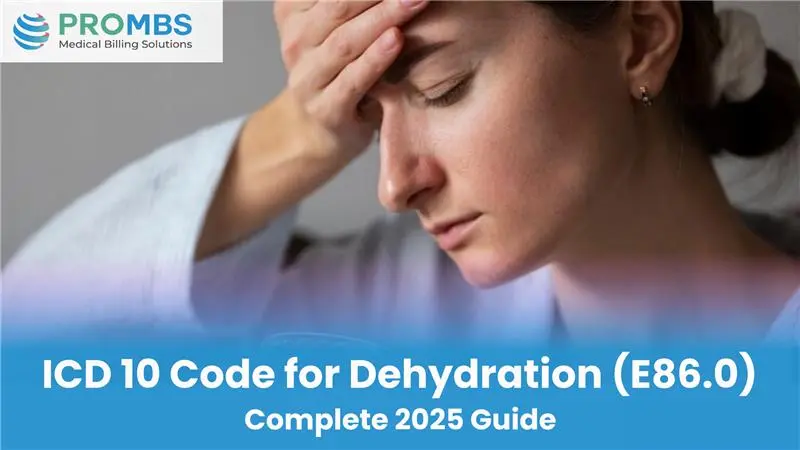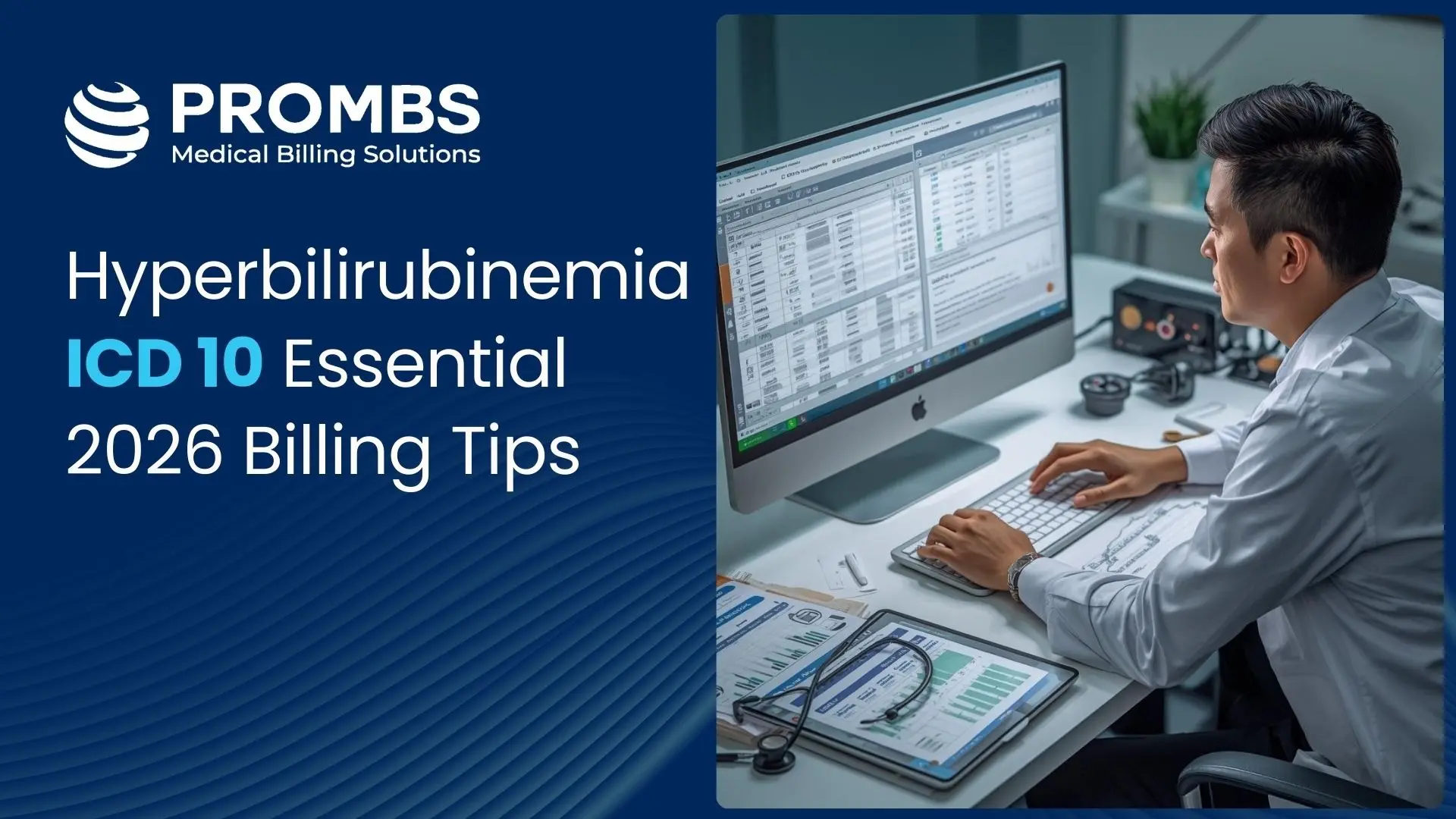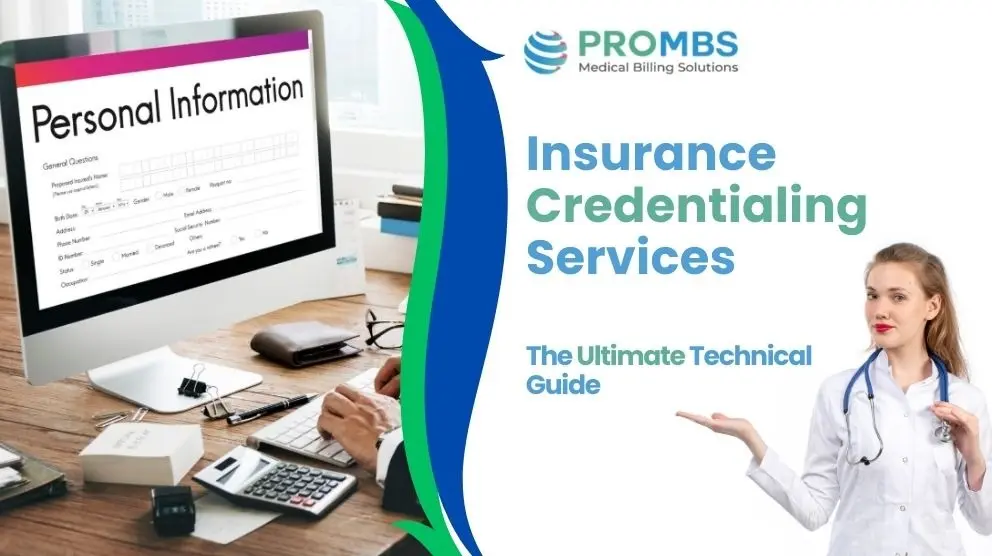Dehydration is one of the most common clinical conditions documented across emergency rooms, primary care offices, and urgent care centers. While the medical treatment often focuses on restoring fluids, from a billing and coding perspective, the focus lies in accurately assigning the ICD 10 code for dehydration and pairing it with the correct CPT and HCPCS codes.
As an experienced medical biller and coder, I can confirm that incorrect dehydration coding is one of the top causes of claim denials. Payers look for precise diagnosis reporting, accurate procedure codes for IV hydration, and complete documentation to establish medical necessity. This blog will guide you through everything you need to know about the ICD 10 code for dehydration, the related CPT codes, coding guidelines, and how to avoid denials in 2025.
What is Dehydration?
Dehydration occurs when the body loses more fluids than it takes in, leading to an imbalance in electrolytes and essential body functions. It can result from excessive sweating, fever, diarrhea, vomiting, or underlying conditions like diabetes, infections, and kidney disorders.
Clinically, dehydration can be classified as:
- Mild: Dry mouth, thirst, reduced urine output.
- Moderate: Sunken eyes, dizziness, tachycardia.
- Severe: Hypotension, confusion, organ failure, potentially life-threatening.
For medical billing, identifying the severity of dehydration isn’t always coded separately, but documentation about cause, complications, and treatment method plays a critical role in ensuring claims are processed accurately.
What is the ICD 10 Code for Dehydration?
The official ICD 10 code for dehydration is:
E86.0 – Dehydration
This is the primary code used for patients presenting with fluid loss that requires medical intervention.
Related ICD-10-CM Codes for Dehydration
| ICD-10 Code | Description | Notes for Coders |
|---|---|---|
| E86.0 | Dehydration | Primary code – use when dehydration is clearly documented |
| E86.1 | Hypovolemia | Fluid depletion, sometimes documented alongside dehydration |
| E86.9 | Volume depletion, unspecified | Use only when provider documentation is insufficient to specify dehydration or hypovolemia |
| R63.1 | Polydipsia | Excessive thirst; may be reported when documented as a symptom |
| R63.8 | Other symptoms and signs concerning food and fluid intake | Use for related fluid/nutrition issues when clinically relevant |
When to Use Related ICD-10 Codes for Dehydration
Coders should always prioritize E86.0 (dehydration) when the provider explicitly documents dehydration. This is the most specific and accurate code and supports medical necessity for IV hydration, hospital admission, or outpatient treatment. Related codes such as E86.1 (hypovolemia) or E86.9 (volume depletion, unspecified) are appropriate only if the provider’s documentation indicates fluid depletion or is vague, without using the term “dehydration.”
Symptom-based codes like R63.1 (polydipsia) or R63.8 (other symptoms concerning food and fluid intake) can be added as secondary diagnoses when the provider documents excessive thirst, poor intake, or related nutrition issues contributing to fluid loss. Using these codes alongside E86.0 gives payers a clearer picture of the clinical scenario.
When Not to Use Related ICD-10 Codes
Avoid using unspecified codes (E86.9) when clear documentation supports E86.0 (dehydration). Over-reliance on unspecified codes is one of the most common causes of payer denials, as it signals incomplete documentation. Similarly, coders should not substitute E86.1 (hypovolemia) for dehydration unless the provider specifically documents hypovolemia.
Symptom codes like R63.1 and R63.8 should never be billed as the primary diagnosis when dehydration is confirmed; they are only supportive and secondary. In short, always use the most specific code that matches the provider’s documentation, defaulting to E86.0 whenever possible to ensure coding accuracy, compliance, and reimbursement success.
Related CPT Codes for Dehydration Treatment
| CPT Code | Description | When to Use |
|---|---|---|
| 96360 | IV hydration, initial 31 minutes to 1 hour | Use when IV hydration is administered and documented for at least 31 minutes but not more than 1 hour. |
| 96361 | IV hydration, each additional hour | Use for each additional hour of IV hydration beyond the initial 96360. Must have documented infusion times. |
| 99281–99285 | Emergency Department E/M services | Use when the patient is treated in the ER for dehydration, and hydration is performed as part of emergency care. Level depends on complexity of medical decision-making and services provided. |
| 99202–99215 | Office/Outpatient E/M visits | Use when dehydration is managed in an outpatient or office setting, typically for mild-to-moderate dehydration not requiring hospital-level intervention. |
Pro Tip:
Always document start and stop times for IV hydration to support 96360/96361. For E/M codes, ensure documentation justifies the level of service and links directly to E86.0 (ICD-10 code for dehydration) for clean claim submission.
ICD 10 Code for Dehydration: Coding & Billing Guidelines
1. Documentation Requirements
Accurate dehydration billing begins with strong and detailed documentation. Providers must capture the patient’s clinical signs of dehydration such as dry mouth, dizziness, low blood pressure, or tachycardia.In addition, the underlying cause should always be documented, whether it is vomiting, diarrhea, fever, diabetes, or heat stroke.
The treatment approach must also be clearly noted, including whether the patient was managed with oral fluids, IV hydration, or hospital admission. For claims involving IV therapy, coders should ensure the start and stop times of infusion are included in the medical record, as these directly support the use of CPT hydration codes. Without this level of detail, claims are at higher risk of denial.
2. Code Sequencing
Correct sequencing is critical when coding dehydration encounters. The primary diagnosis should always be E86.0 (ICD 10 code for dehydration) when dehydration is the main clinical concern. Secondary codes should be added to reflect the underlying or contributing conditions. For example, A09 (infectious gastroenteritis and colitis) may be appropriate if dehydration is due to a GI infection, R11.10 (vomiting, unspecified) when vomiting is the cause, E11.65 (Type 2 diabetes mellitus with hyperglycemia) if uncontrolled diabetes is involved, or T67.3 (heat exhaustion with dehydration) in cases of heat-related illness. This sequencing provides payers with a clear picture of the medical necessity behind the hydration treatment.
3. ICD-10 & CPT Linkage
The integrity of a claim relies heavily on the correct linkage between ICD-10-CM and CPT codes. For instance, E86.0 combined with CPT 96360 indicates dehydration treated with one hour of IV hydration. In more severe cases seen in the emergency department, E86.0 paired with CPT 99285 reflects dehydration requiring a higher-level ED evaluation and IV fluids. When hydration extends beyond the initial hour, coders should add CPT 96361 for each additional hour. Establishing this direct connection between diagnosis and procedure codes ensures that claims demonstrate medical necessity and reduces the chance of rejection.
4. Payer-Specific Rules
Each payer applies unique rules to dehydration claims, and failing to follow them can result in denials. Medicare requires that infusion times be clearly documented, and hydration of less than 31 minutes is not separately billable. Commercial insurers often request supporting codes for the underlying cause of dehydration, such as gastroenteritis or fever, to validate the need for IV hydration. Medicaid programs can vary by state, with some states limiting hydration billing to inpatient or ER settings only. Coders and billers must be familiar with these payer-specific nuances to ensure compliance and protect reimbursement.
How to Avoid Denials for Dehydration Claims
- Payers deny claims when notes only state “hydration given” without time, cause, or justification.
- Always include infusion start/stop times, fluid type, and medical necessity.
- Using E86.9 (Volume depletion, unspecified) instead of E86.0 (dehydration) lowers reimbursement.
- Always code E86.0 when dehydration is clearly documented.
- Submitting 96360 without linking to E86.0 leads to medical necessity denials.
- Always link CPT hydration codes directly to E86.0.
- Hydration billed with therapeutic infusions may be denied without proper modifiers.
- Follow CPT hierarchy rules; bill hydration only if not secondary to therapeutic/chemo infusions.
- Oral hydration in-office is bundled into the E/M visit, not separately billable.
- Do not bill hydration unless IV infusion is documented.
How Pro-MBS Can Help with Dehydration Coding & Billing
At Pro-MBS, we specialize in applying the ICD 10 code for dehydration (E86.0) with strict accuracy and linking it to the correct CPT hydration codes such as 96360 (initial IV hydration) and 96361 (each additional hour). Our billing and coding experts validate infusion start/stop times, ensure proper sequencing with secondary diagnoses like gastroenteritis or diabetes, and align claims with payer-specific hydration billing policies. This technical approach eliminates coding ambiguities, reduces denials, and ensures that claims demonstrate clear medical necessity.
By leveraging advanced medical billing and coding protocols, Pro-MBS streamlines dehydration claim submission across outpatient, emergency, and hospital settings. We emphasize compliance-driven workflows, denial prevention strategies, and payer rule adherence to improve first-pass acceptance rates and accelerate reimbursements. With Pro-MBS as your billing partner, providers gain higher coding accuracy, optimized revenue cycle performance, and stronger financial outcomes in dehydration-related care.



